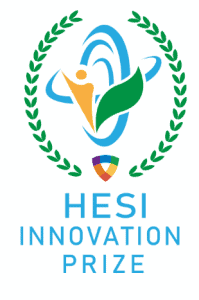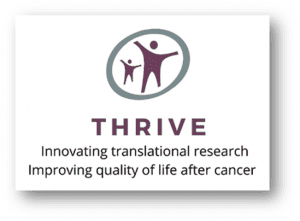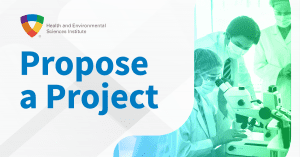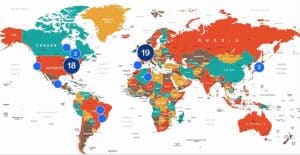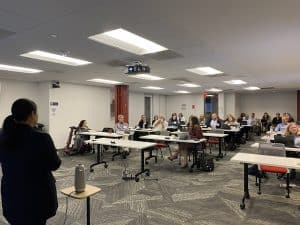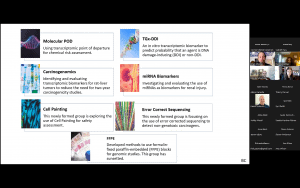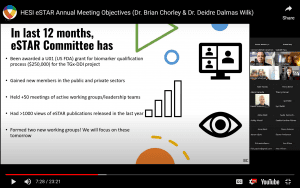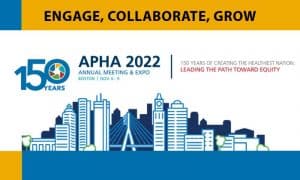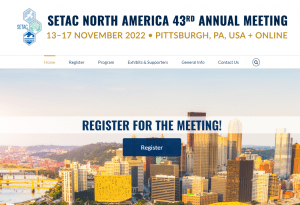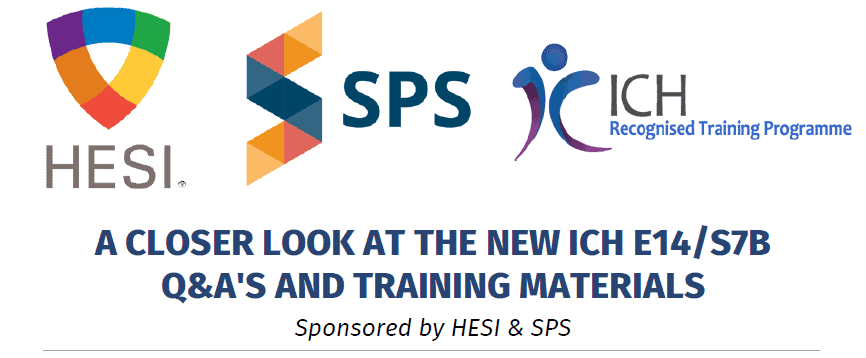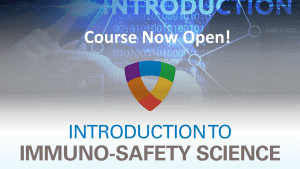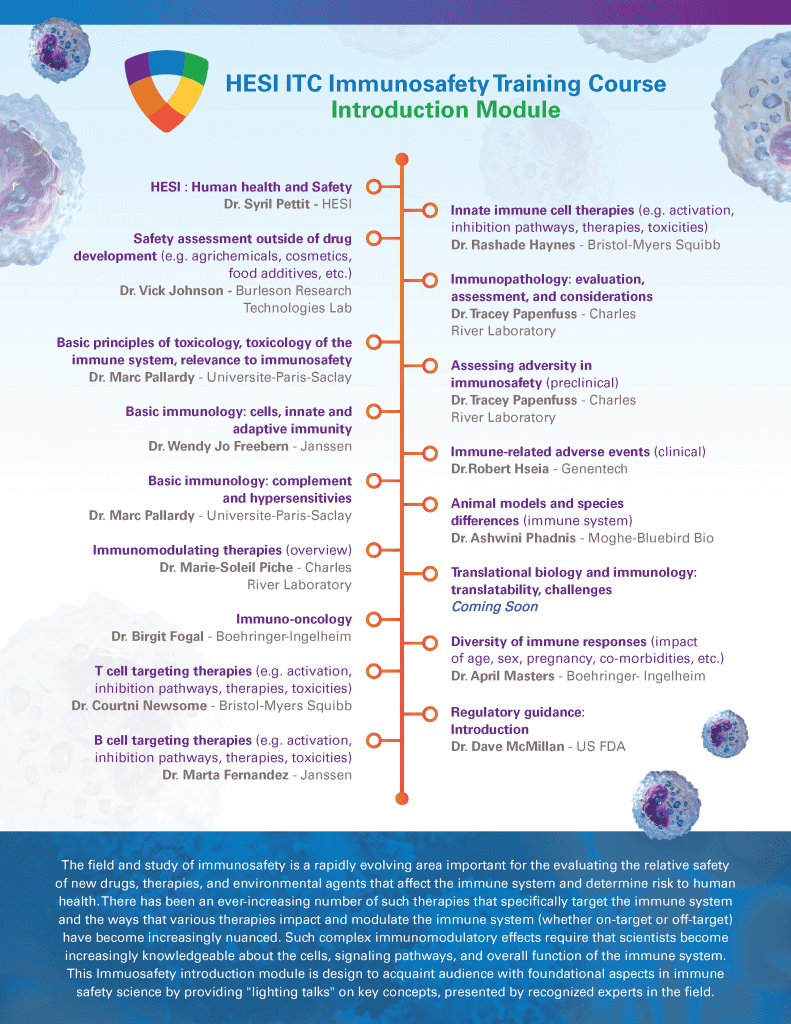Call for Case Studies
Minimize NHP Use For DART
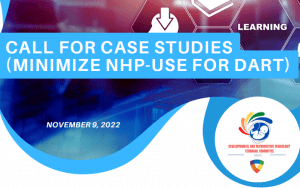
The non-human primate (NHP) is an important animal model to assess drug safety in development and reproduction, but it should only be used as a last resort based on unique pharmacologic or toxicologic attributes, heightened ethical concerns using NHP compared to other animal models, and limited availability. Recent survey data also indicate NHP use is higher than expected for drug safety assessments overall. This is at a time when there is also a shortage of NHPs available for research use, including sexually mature NHPs which are important for developmental and reproductive toxicity (DART) testing for biopharmaceuticals. A heightened regulatory awareness of this issue has prompted renewed interest in minimizing NHP use for DART safety assessment whenever scientifically appropriate.
The current HESI DART working group is reviewing NHP use in DART packages of approved products in US and EU but recognize that there may be important examples of when NHPs were or were not used to support DART safety assessment for products not currently approved and for which publicly available information is unavailable.
If you or your company have unusual case studies of drug development programs/products that would be informative of how to minimize use of sexually mature NHP for DART safety assessment (fertility assessment and/or pregnancy/developmental toxicity assessment) in the future, we would be very interested to hear about that example for the purposes of potentially including it in a white paper on this topic. Of particular interest would be case studies where an alternative assessment of DART safety (e.g., use of a surrogate molecule in the rodent or genetically modified rodents, etc.) failed to detect liability that was later identified. Please provide example by 31 Dec 2022.
Please contact Chris Bowman (christopher.j.bowman@pfizer.com) for scientific questions and Shermaine Mitchell-Ryan (smitchell-ryan@hesiglobal.org) to submit information on the case study.
HESI DART Dystocia Assessment Survey

The Health and Environmental Sciences Institute (HESI) DART Technical Committee is attempting to understand how and when dystocia is identified and reported in laboratory rodents and to identify how these calls may differ between organizations. As such, we are gathering qualitative data from various laboratories and animal facilities that conduct or support DART studies to understand laboratory practices and standard operating procedures (SOPs). Information gathered via this forum will be used to inform a best practices manuscript which will serve as a useful industry-wide tool to standardize the identification of dystocia and improve animal welfare practices.
On behalf of the committee, we would like to invite you to participate in this electronic survey by answering questions about your laboratory’s practices regarding identifying and reporting dystocia in the rodent. Should you be interested, we would also be happy to schedule a 1-hour teleconference to conduct the survey in an interview style format. (* Please note, the electronic survey contains a set of reference responses to assist you in understanding the expected responses).
We appreciate your assistance and value your contributions to this effort. Please note that all survey responses will be blinded from member company representatives and access to original submissions will be restricted to the HESI scientific program managers assigned to this project.
Questions regarding the aims of the project or the survey should be directed to the either of the project co-chairs: Rashin Ghaffari (Rashin.Ghaffari@corteva.com) or Pragati Coder (Pragati.Coder@crl.com).
If you are willing to participate, please complete the survey by Monday, February 6th, 2023, or submit a request for an interview style survey.
Sincerely,
Shermaine Mitchell-Ryan PhD, HESI Scientific Program Manager (smitchell-ryan@hesiglobal.org) &
Connie Chen, PhD, MPH, HESI Senior Scientific Program Manager (cchen@hesiglobal.org)
On behalf of the HESI DART Dystocia Working Group. Please don’t hesitate to contact us should you have any questions.
The HESI DART – Dystocia Working Group
Pragati Coder (Charles River Laboratories)*
Rashin Ghaffari (Corteva Agriscience) *
Catherine Jaussely (Bayer)
Christopher Bowman (Pfizer)
Curtis Grace (Merck)
Edward Dere (Genentech)
Isabelle Leconte (Charles River Laboratories)
Jason Manton (Exponent)
Narinder Barraclough (LabCorp)
Nicola Powles-Glover (AstraZeneca)
Sheila Wason (Bayer)
Sonya Sobrian (Howard university)
Warren Foster (McMaster University)
*Denotes WG co-leads


